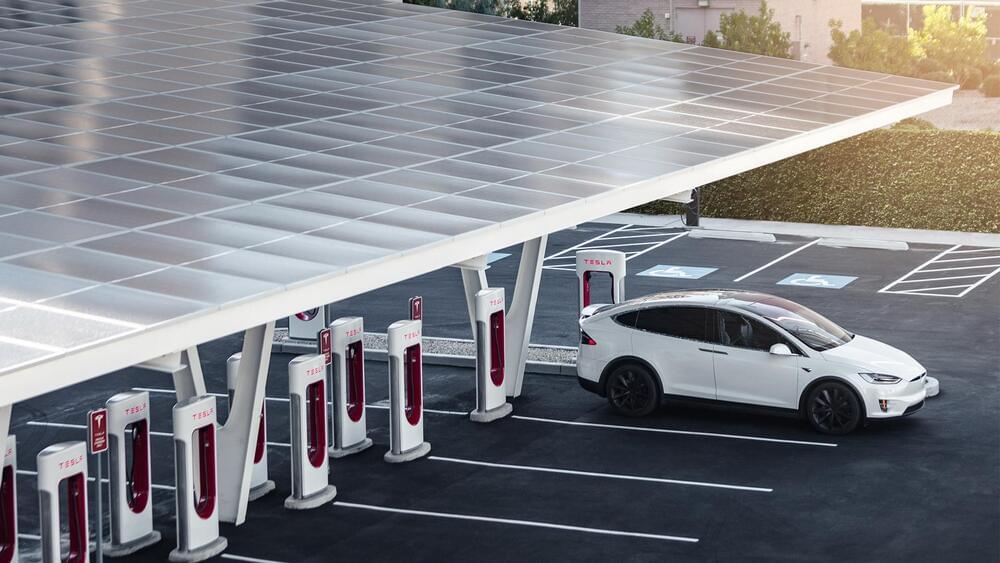Meta’s AR glasses could be launched in 2027.
Mark Zuckerberg’s Meta Platforms is doubling down on its virtual reality (VR) products and plans to rope in augmented reality (AR) experiences. It looks to define its position in the technology industry a few years from now. Thousands of employees of the Reality Labs Division at Meta were recently presented with a roadmap for the company’s products, which was then shared with The Verge.
VR, AR, and neural interfacesAlthough Zuckerberg has spoken mainly of the metaverse that the company would build as the future of the internet, Meta now seems to have taken its foot off the pedal to make the metaverse itself and focus on the tools instead and improving them.
Coming out later this year is the Meta Quest 3, the flagship product from the company. It is expected to be twice as powerful but half the thickness of its predecessor—the Quest 2. Meta has sold more than 20 million Quest headsets so far, so the Quest 3 sales will be a benchmark to determine if customers are interested in these products.
Priced at $400, Quest 3 will also feature front-facing cameras that will make it less immersive than its predecessors but add the ability to deliver mixed reality experiences to users. Meta is hopeful that this will prompt users to keep the headsets on for longer and plans to ship 41 new apps and games with this headset.









